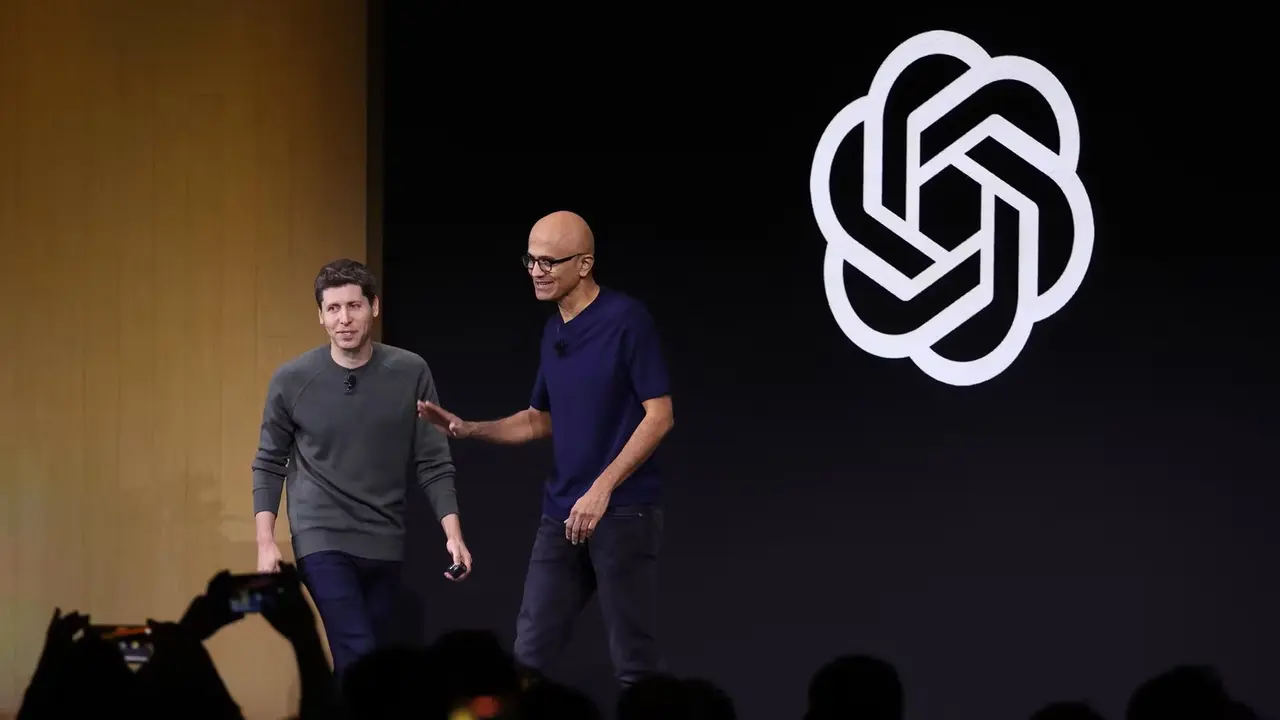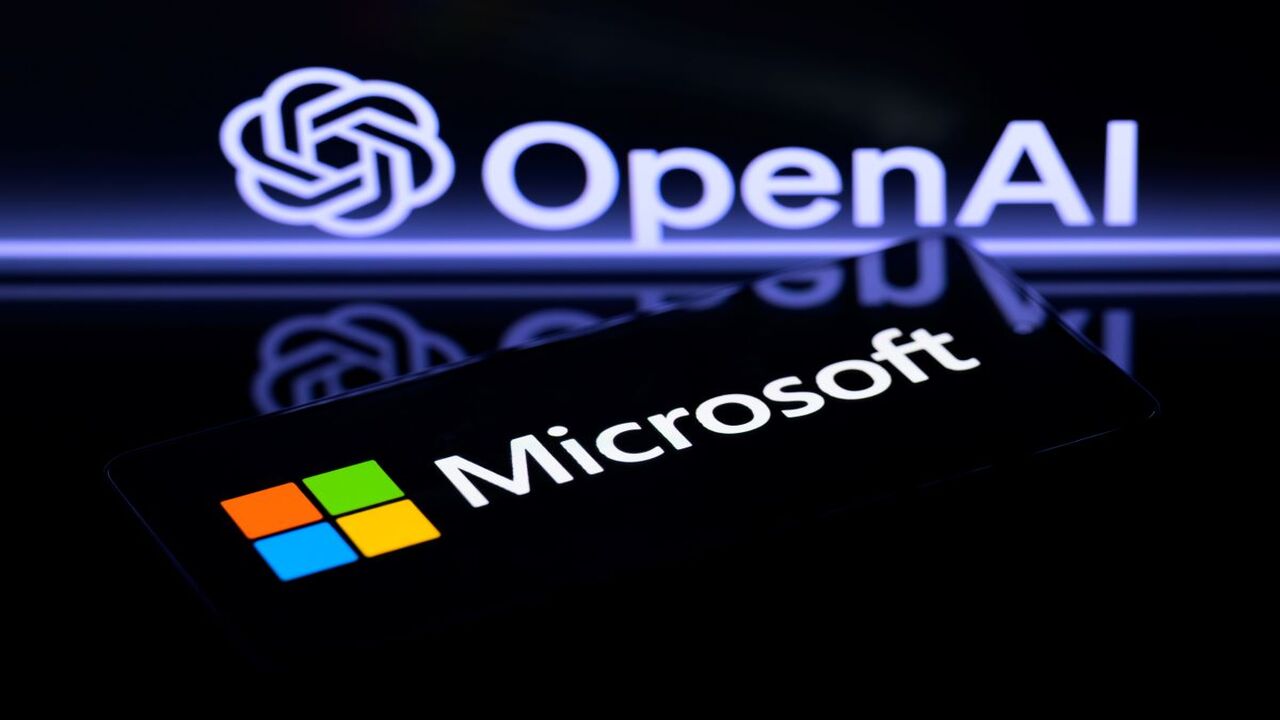The six-year strategic partnership between OpenAI and Microsoft is approaching a serious breaking point. The collaboration that began in 2019 has yielded major gains for both parties. However, developments in recent months have shown that this partnership is no longer sustainable.
Microsoft and OpenAI partnership nears end
The process that began in April when differences of opinion between Microsoft CEO Satya Nadella and OpenAI CEO Sam Altman leaked out quickly moved to the corporate level. OpenAI’s new strategic partnership with Google a few days ago revealed that this rift was not only personal but also directly touched Microsoft’s nerves.

According to information obtained from sources close to the developments, OpenAI is preparing to take legal steps to sever its ties with Microsoft. The company’s management wants to exit the current agreement, but the contract signed between the parties in the past prevents OpenAI from unilaterally ending this partnership. For this reason, the company has begun seeking to create a legal basis that will invalidate the agreement.
A possible lawsuit does not only mean that the two companies will face each other in court. If OpenAI takes this step, federal agencies in the US may also scrutinize Microsoft for alleged monopoly.
One of the main disagreements in the talks was regarding Windsurf, an artificial intelligence company that OpenAI recently acquired for $3 billion. According to the current agreement, Microsoft has access to all technologies owned by OpenAI. However, OpenAI wants Windsurf to be excluded from this scope.
Another point of disagreement is regarding the process of changing OpenAI’s organizational structure. Initially established as a non-profit research organization, OpenAI has evolved into a commercialized structure over time. It is known that the company expects support from Microsoft on certain issues to complete this transformation. However, Microsoft’s right to object to this transformation stands out as a factor that could lock the process.
Cloud computing infrastructure is also one of the conflicting issues. OpenAI wants to use external service providers such as Google Cloud. The current agreement, however, requires Microsoft’s Azure infrastructure to be preferred.
The ongoing negotiations between the parties are not expected to be resolved soon. The fact that OpenAI has begun seriously considering litigation suggests that the partnership could end up in court.













